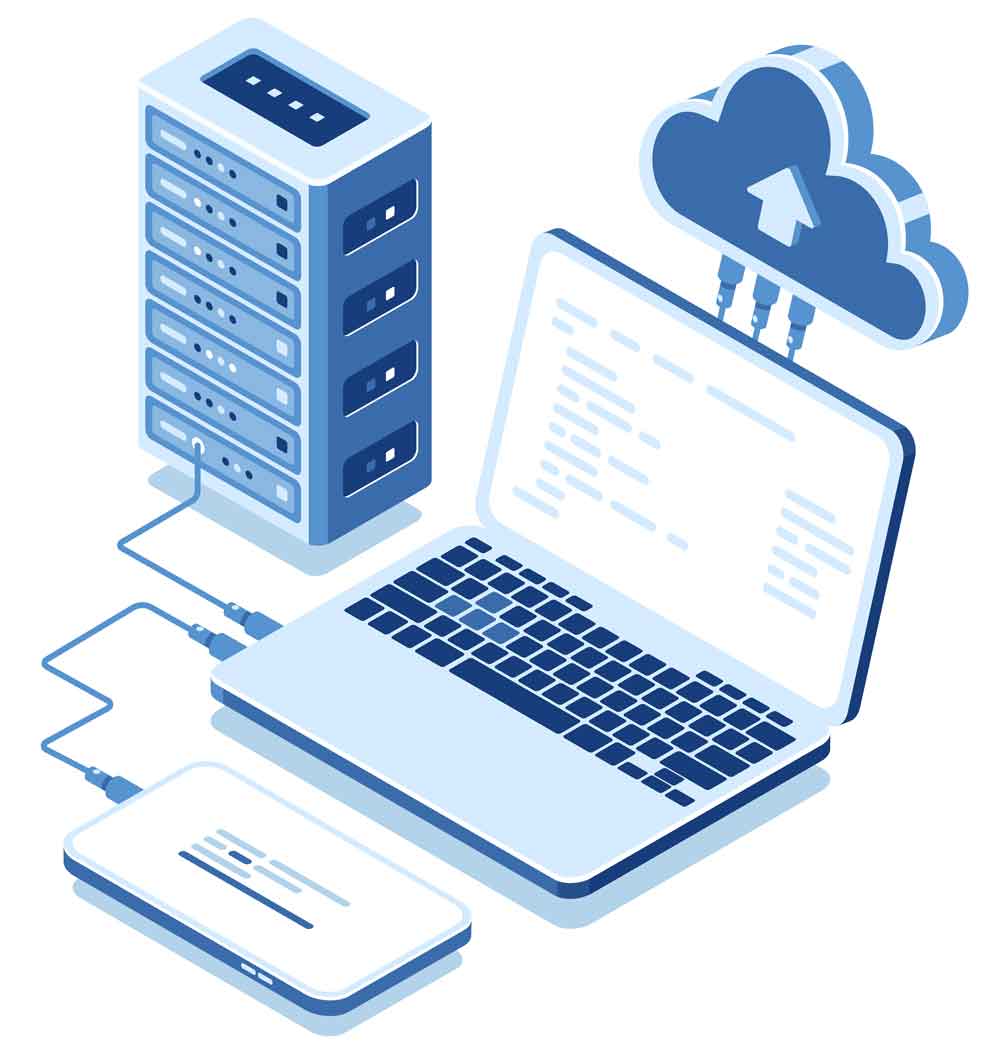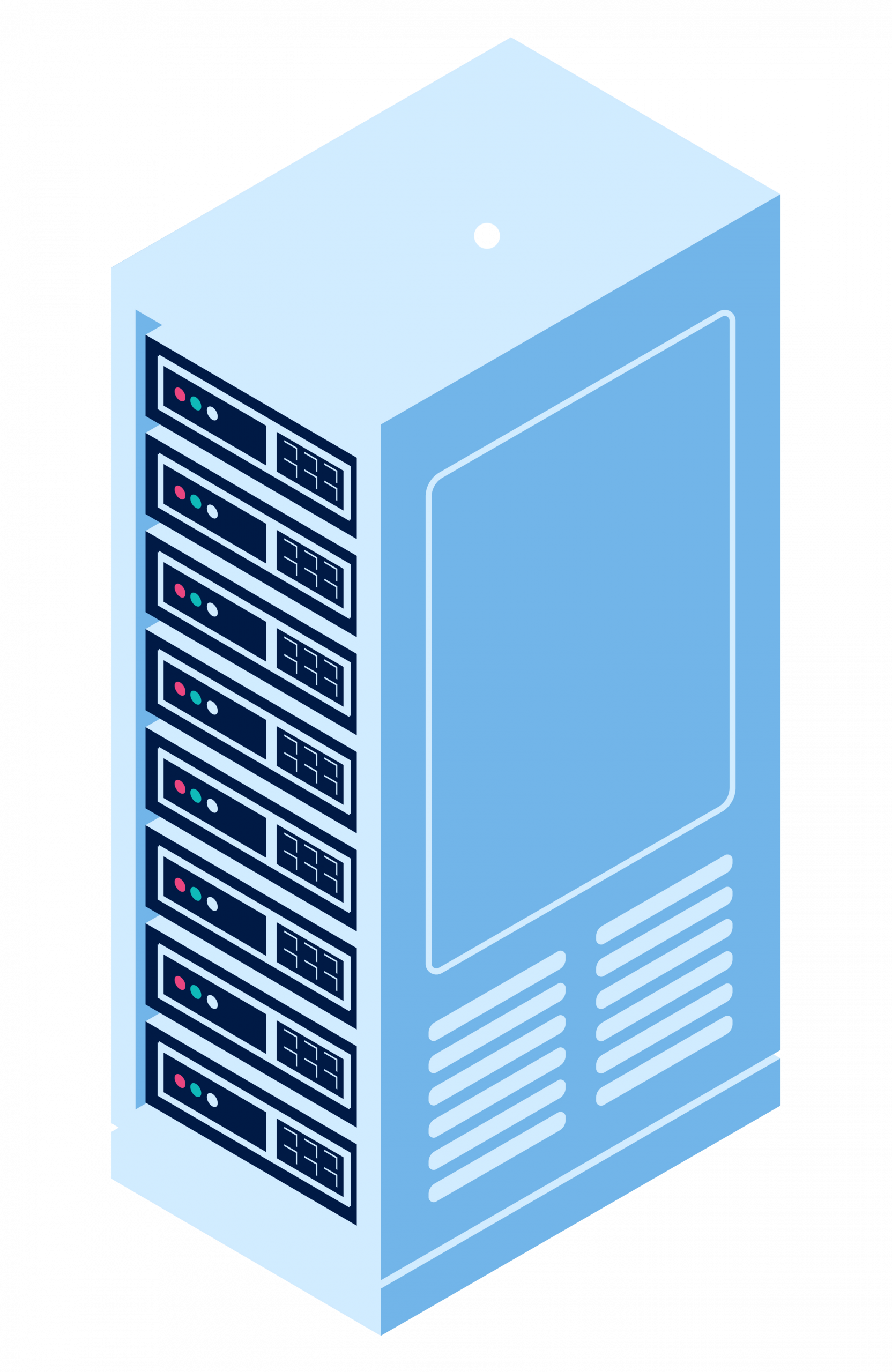A Cloud SysOps Administrator (or engineer) is someone who ensures that everything running in the cloud—like servers, networks, databases, and applications—runs smoothly, securely, and efficiently. Think of Cloud SysOps as the day-to-day caretaker of cloud systems, like a systems administrator but for the cloud.

What Do Cloudify’s SysOps Administrators Do?
Here’s a detailed breakdown of their core responsibilities:
Monitoring and Performance Management
- Track system health using monitoring tools.
- Ensure applications, servers, and services in the cloud are available and running as
expected. - Handle alerts and incidents (e.g., if a server crashes or becomes slow).
- Use tools like:
o AWS CloudWatch
o Azure Monitor
o Google Cloud Operations Suite
Provisioning and
Configuration
- Set up cloud resources (e.g., virtual machines, databases, networks).
- Use Infrastructure as Code (IaC) tools like Terraform, AWS CloudFormation, or Ansible to automate setup.
- Configure the systems to match business and security requirements.
Security and
Compliance
- Ensure systems are secure through firewalls, access controls, and encryption.
- Apply security patches and updates regularly.
- Set up identity and access management (IAM) policies to control who can do what.
Backup and Disaster Recovery
- Implement automated backups for data and critical services.
- Test disaster recovery plans (e.g., restoring systems in case of failure).
- Ensure minimal downtime and data loss during an incident.
Automation and Scripting
- Automate repetitive tasks like starting/stopping instances or rotating logs.
- Write scripts in languages like Python, Bash, or PowerShell to simplify operations.
- Use DevOps tools to improve efficiency and reduce human error.
Scaling and Resource Management
- Scale cloud resources up or down based on usage (auto-scaling).
- Monitor usage to avoid waste and ensure optimal performance.
- Support high availability and load balancing.
Logging and Auditing
- Collect and analyze logs to detect issues, intrusions, or unusual activity.
- Ensure compliance with auditing standards (HIPAA, SOC2, etc.).

Key Skills of a Cloud SysOps Admin:
| Skill | Description |
|---|---|
| Cloud Platforms | Deep knowledge of AWS, Azure, or GCP. |
| Linux/Windows Admin | Comfortable with servers, OS-level troubleshooting. |
| Networking | Understands DNS, VPN, firewalls, load balancers. |
| Scripting | Automates tasks using Bash, Python, or PowerShell. |
| Monitoring Tools | Uses dashboards, alerts, and logs to keep systems healthy. |
| Security Best Practices | Implements IAM, encryption, and secure configurations. |
| Troubleshooting | Solves problems quickly during incidents or outages. |
Tools Commonly Used in Cloud SysOps
| Purpose | Tools |
|---|---|
| Monitoring & Alerts | AWS CloudWatch, Prometheus, Datadog, Nagios |
| IaC / Automation | Terraform, AWS CloudFormation, Ansible, Puppet |
| Logging | ELK Stack (Elasticsearch, Logstash, Kibana), AWS CloudTrail |
| Backups / DR | AWS Backup, Azure Backup, GCP Snapshots |
| CI/CD Integration | Jenkins, GitLab CI, AWS CodePipeline |
| Access Control | AWS IAM, Azure RBAC, GCP IAM |

Real-World Example of Cloud SysOps
Let’s say a company hosts a website in AWS.
A Cloud SysOps Admin would:
- Set up the EC2 servers and security groups.
- Configure load balancers and auto-scaling groups.
- Monitor CPU, memory, and traffic.
- Apply patches when vulnerabilities are found.
- Respond to an alert when traffic spikes or the server goes down.
- Create backups of the website and database.
- Automate server restarts at night for cost savings.
Why Cloud SysOps Is Important
- Keeps cloud services reliable (no downtime, high performance).
- Supports security and compliance.
- Enables scaling to match business growth.
- Helps reduce manual work and operational cost.
- Acts as the glue between developers, cloud platforms, and end users.
Cloud SysOps vs DevOps vs FinOps
| Role | Focus | Tools | Goal |
|---|---|---|---|
| Cloud SysOps | Day-to-day cloud operations, reliability, uptime | CloudWatch, Terraform, Bash, IAM | Keep systems running smoothly |
| DevOps | Development + Operations, CI/CD, automation | Git, Jenkins, Docker, Kubernetes | Rapid deployment & automation |
| FinOps | Cost control, financial management of cloud | Cost Explorer, Cloudability | Optimize cloud spend |

Summary
- Cloud SysOps is all about keeping cloud systems healthy, secure, and efficient. It blends technical knowledge, automation, and real-time problem-solving to ensure that the cloud infrastructure runs 24/7 without fail.
